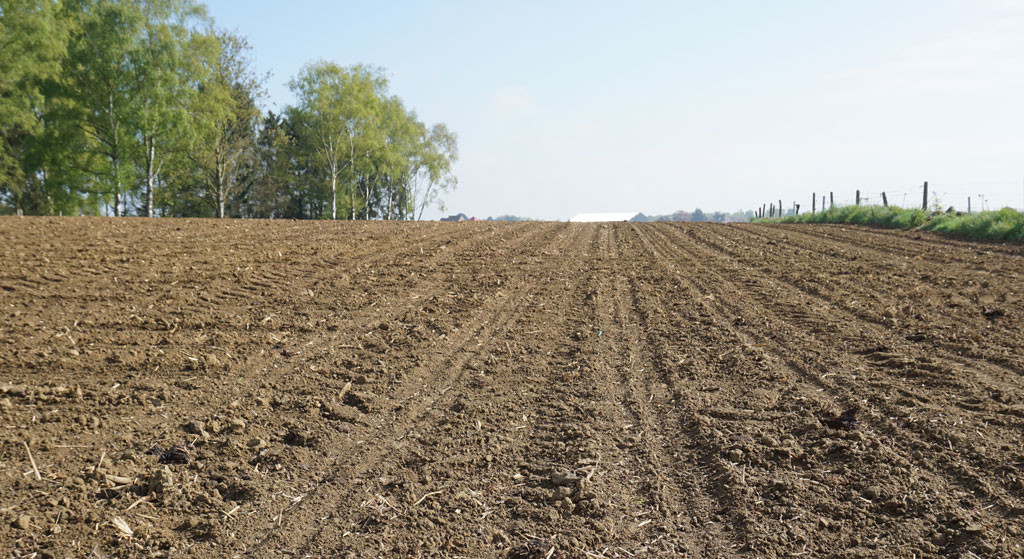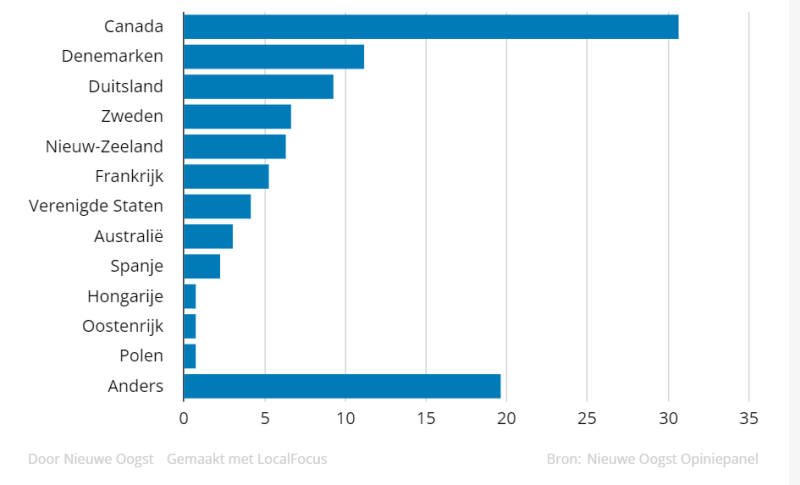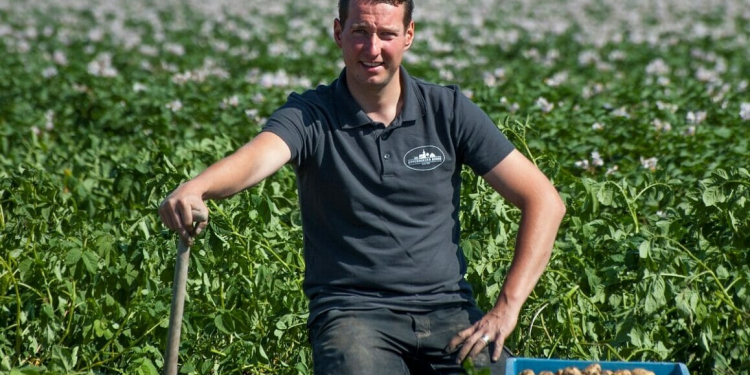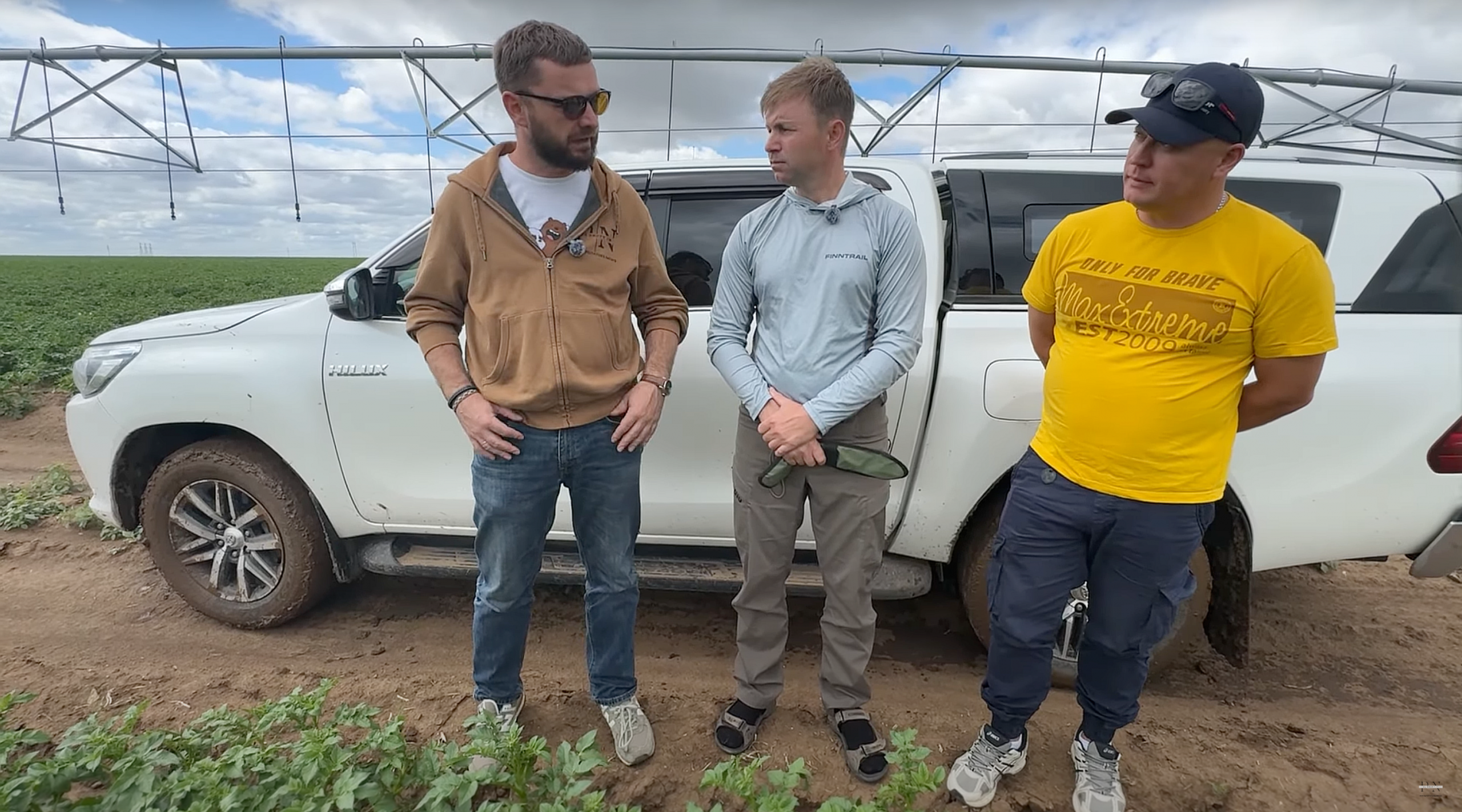Uncertainty in the Dutch agricultural sector has a major impact on the future plans of Dutch farmers. A trend study by LTO member magazine Nieuwe Oogst shows that one in five Dutch farmers and horticulturists has the idea of emigrating. Experts nevertheless expect at most ‘a small wave of emigration’. Uncertainty in the past also led to waves of emigration in Flanders.

It is timeless: our northern neighbors have a history and tradition when it comes to emigration of farmers. Over the past centuries, Dutch farmers left in various waves of emigration to countries such as Canada, the United States and Denmark. The last wave of Dutch emigration dates from about twenty years ago. Then relatively many farmers went to Canada and Denmark.
“From the end of the nineteenth century, farmers also left Flanders for America, Canada and Argentina,” says Greet Draye of the Center for Agrarian History (CAG). Countryside TV visited some of our former compatriots who had settled in the United States a few years ago. These included a dairy farm with 2,000 cows and an arable farm with just under 700 hectares of land.
Flemish emigration to Wallonia
After the First World War, there was a wave of peasant emigration to Northern France, while quite a few peasants moved to Wallonia after the Second World War and later. “You always see a wave of emigration during bad and uncertain economic times, such as crop failures and wars,” continues Draye, who took a closer look at labor migration from the Hageland.
You always see a Flemish wave of agricultural emigration during bad and uncertain economic times Greet Draye – Center for Agricultural History
In that respect, she can also imagine the departure wish of Dutch farmers. According to a trend study by Nieuwe Oogst, the agricultural and horticultural magazine that is published on behalf of the farmers’ organization LTO, 1 in 5 farmers walk around with a wish to leave. Farmers and horticulturists indicate in the survey that they are dissatisfied with the options in the Netherlands. On the one hand they feel a lack of appreciation, on the other hand they are held back by regulations, for example the nitrogen ruling has had the sector in its grip for years.
Canada is the dream destination among the surveyed farmers (31%), followed by Denmark (12%) and Germany (9%). Experts who assist Dutch farmers with emigration indicate in Nieuwe Oogst that they expect at most a ‘small emigration wave’, not as large as twenty years ago.

Photo: New Harvest
Due to the nitrogen problem, remediation processes will be started in which farmers will be bought out or their companies relocated. In the meantime, they will want to check the cat out of the tree.
Recent emigration of Flemish farmers to France
Ann-Carine Schaap assists Dutch-speaking emigrants on behalf of the French agricultural real estate agency Quatuor Transactions. In the past two years she accompanied seven families to France, including two Flemish dairy farmers. “They often have the same reasons for emigration: They no longer feel welcome as farmers in their own country,” she confirms. One of the Flemish families emigrated to Brittany and the other to the Vendée. In the latter case, it concerns an organic company with guest accommodation for tourists. Both companies are doing “very well”, according to Schaap.
In addition to problems in their own country, the emigrants often already click with the country, continues Schaap. “Some have had the idea of going to France for 5 to 10 years. Many have also fallen in love with France because it is a versatile country.” Although she has only guided dairy farmers until now, she believes there is also interest from other sectors. “I have had questions from Flanders about arable farming, pigs and poultry.”
Source: Own reporting / Nieuwe Oogst






